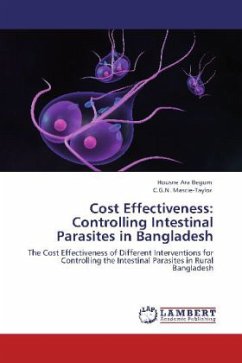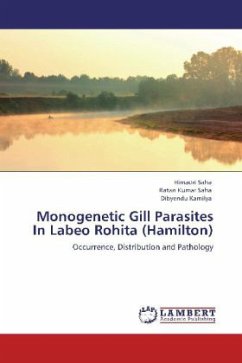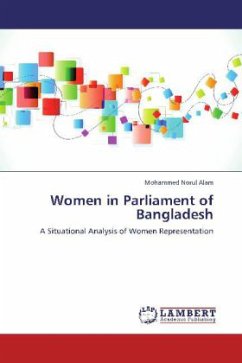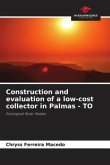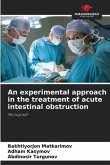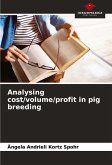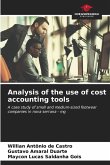We convey our profound gratitude to the Commonwealth Commission, United Kingdom whose generous financial support helped to study at Cambridge. In this study based on prevalence of worms (deworming), nutritional status, knowledge on public health significant issues (health education) and practice of hygiene (sanitation), the Quality of Life was calculated. In Health Education (HE) area the QALYs gain at 18 month were 0.80, 0.59, 1.20 and 1.10 respectively and average QALY gain 0.92. In deworming (CH) area the QALYs gain at 18 month were 1.06, 0.46, 0.60 and 0.48 respectively and average QALY gain 0.65. In both Health education and Chemotherapy (HE+CH) area the QALYs gain at 18 month were 1.40, 0.48, 1.22 and 0.86 respectively and average QALY gain 0.99 and in control (C) area the QALYs gains at 18 month were 0.94, 0.46, 0.56 and 0.60 respectively and average QALY gain 0.64. Based on incremental cost-effectiveness ratio (ICER), among three different interventions such as CH, HE andCH+HE compare to C (Control), Chemotherapy (CH) was the most cost effective intervention. Again per 1 QALY gain the cost was $29 per household for chemotherapy. Between CH+HE and HE, former was better.
Bitte wählen Sie Ihr Anliegen aus.
Rechnungen
Retourenschein anfordern
Bestellstatus
Storno

